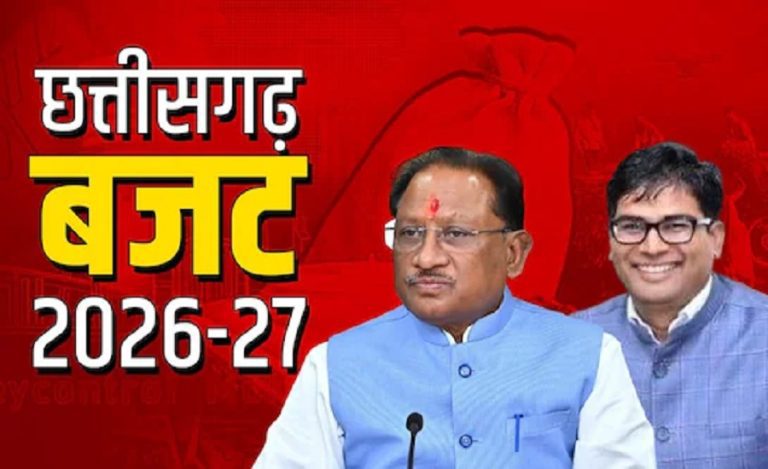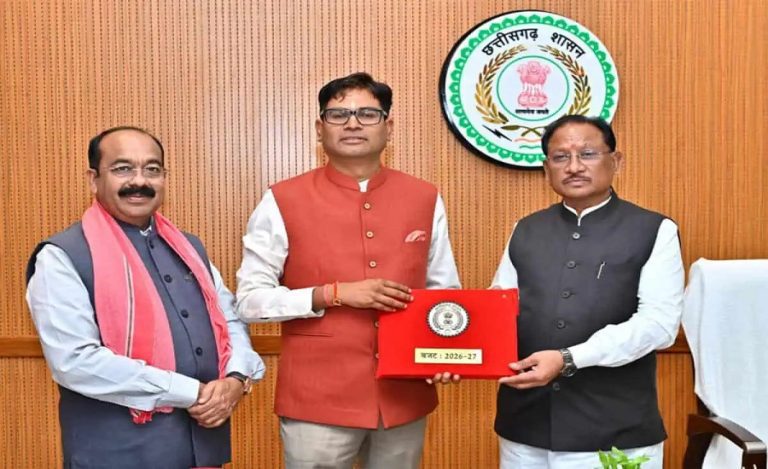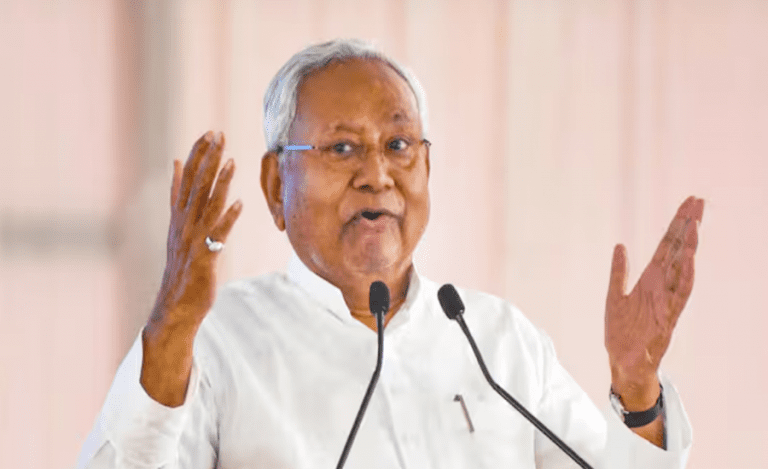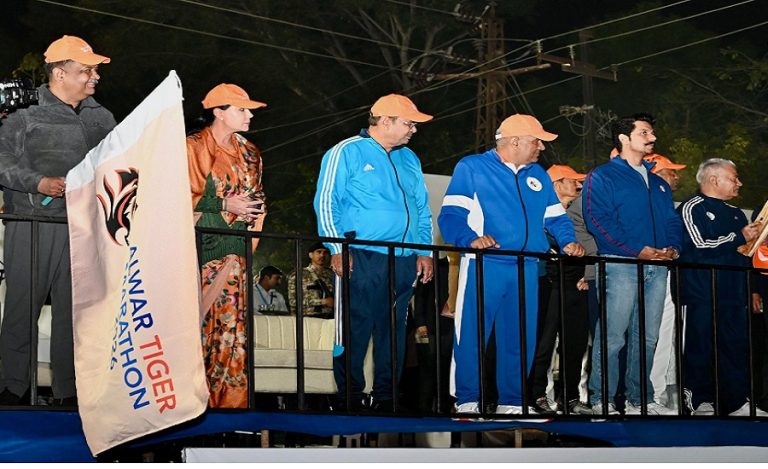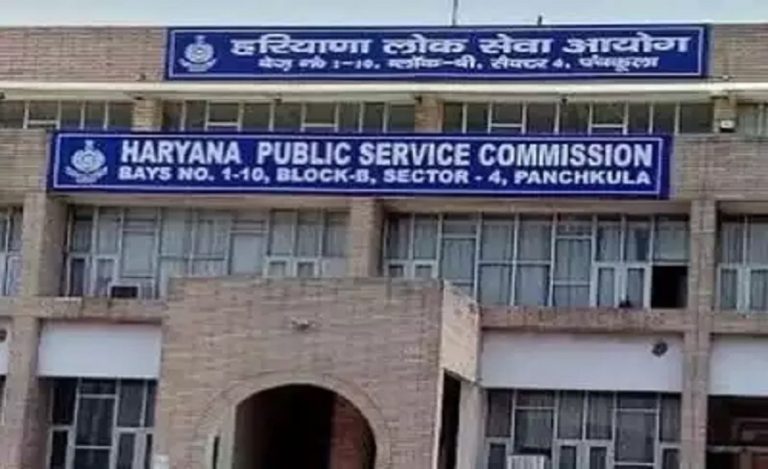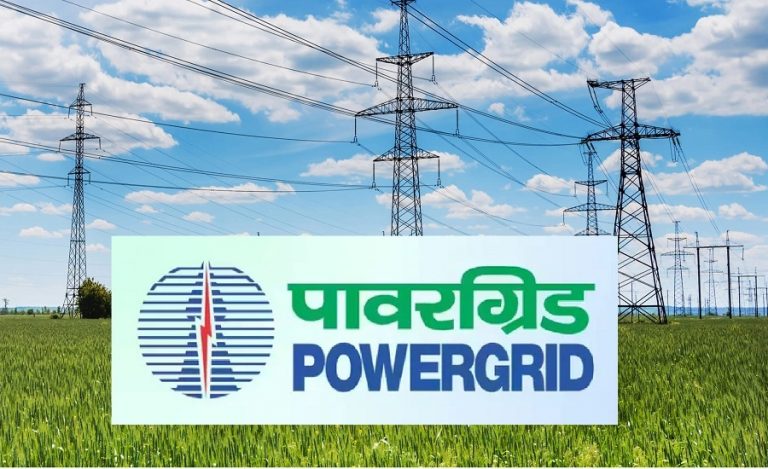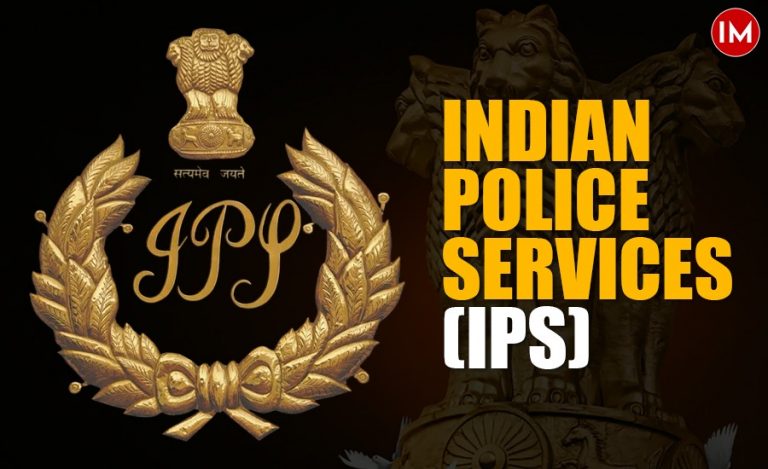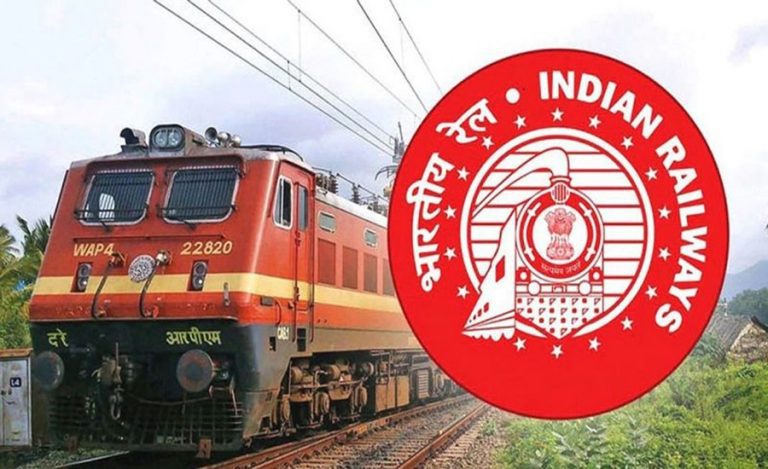Kochi: The Kerala High Court has laid down strict guidelines to regulate police conduct within court premises and curb recurring clashes between lawyers and police across the State.
A division bench of Justices AK Jayasankaran Nambiar and Jobin Sebastian, while hearing a suo motu public interest litigation, ordered the constitution of grievance redressal committees at both State and district levels. The suo motu proceedings stemmed from a letter by the Kerala High Court Advocates’ Association (KHCAA) following an altercation between an advocate and police personnel at the Ramankary Judicial First Class Magistrate Court in Alappuzha, which triggered widespread protests.
State and District Panels Constituted
The Court directed that the State-level committee will include the Advocate General, three Bar members nominated by KHCAA (including its President), the Director General of Police, and a Superintendent of Police. If allegations are against an SP, a senior officer nominated by the DGP will replace them.
At the district level, the panel will consist of the Principal District Judge, the District Police Chief, the District Government Pleader, and two members of the local Bar association, including its President. The Court clarified that unresolved grievances at the district level must be escalated to the State committee.
Also Read: Supreme Court Questions NHAI’s Toll Collection Amid Neglected Paliyekkara Highway and Traffic Jams
Arrests in Court Premises Require Judicial Intimation
The guidelines mandate prior intimation to the presiding judicial officer before making arrests inside court premises. When a person intends to surrender before court, police cannot apprehend the individual without permission from the presiding officer.
However, the Court allowed exceptions in emergencies, such as preventing a cognizable offence or apprehending absconding accused in long-pending warrant cases. In such instances, immediate post-arrest intimation to the presiding officer is compulsory.
The bench also clarified that “court premises” covers not only courtrooms but also all connected buildings, structures, and land, except residential quarters, during working hours.
Incident Prompting the PIL
The suo motu petition was initiated after a KHCAA letter highlighted the Ramankary incident, which led to boycotts by nearly 15 bar associations across Kerala. The Court emphasized that the grievance panels would act as institutional mechanisms to reduce such confrontations and ensure accountability on both sides.
The matter will be taken up again after two months for further consideration. Senior Advocates Santosh Mathew and BG Harindranath, along with KHCAA President Yeshwanth Shenoy, represented the Bar. Additional Director General of Prosecution Grashious Kuriakose appeared for the State.
Also Read: Kerala: Senior IPS Officer Faces Court Wrath for Sabarimala Tractor Ride Violation- Details Inside


